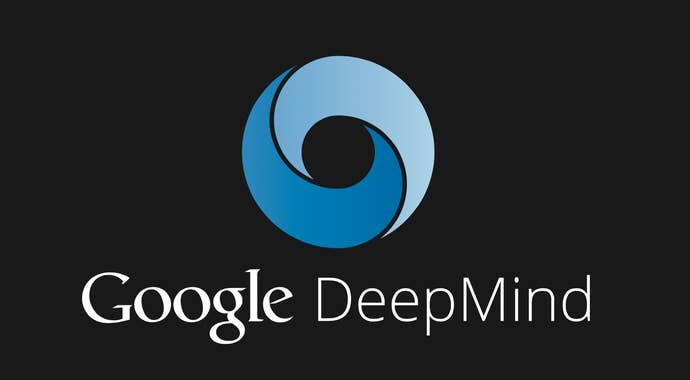AI Researchers Are Using Grand Theft Auto V to Teach Smart Cars
Grand Theft Auto V is one of the many video games being used to enhance AI
This article first appeared on USgamer, a partner publication of VG247. Some content, such as this article, has been migrated to VG247 for posterity after USgamer's closure - but it has not been edited or further vetted by the VG247 team.
Would you trust a self-driving smart car if it learned how to drive from a video game? That's exactly what some Artificial Intelligence scientists are doing as revealed in a new report of a self-driving AI being taught how to drive using Rockstar Games' Grand Theft Auto V.
Video games have come a long way since the days of Pong, where two virtual paddles bounced a single pixel back and forth. Now, thanks to the complex engines that power some of the world's most expensive video game development projects, AI researches have come around to utilizing video games as resources for their own projects, as detailed in a recent Economist report.

Prineton University computer scientist Arthur Filipowicz apparently encountered a problem while teaching smart cars how to drive: how to recognize stop signs. A pretty important part of driving actually. In order to prevent any serious stop sign-related driving accidents, Filipowicz developed an algorithm that was going to learn how to recognize various stop signs or all different kinds of eras and makes. New signs, old signs, partially legible signs, and everything in between.
Rather than downloading a massive library of stop sign images, or trekking out on foot to photograph real-world stop signs, Filipowicz found a resource that would allow him to generate stop signs out of thin air: Grand Theft Auto V.
Filipowicz found a way to modify a copy of Grand Theft Auto V to work with a self-driving software called "DeepDrive" which allows driving programs control the game. It was a safe alternative to letting an untested piece of driving AI out in the real-world, potentially missing real-life stop signs, and causing real damage.
The series that once caused a massive panic among parents who feared video games would churn out would-be gangsters is now being used to teach a smart car responsible driving. And according to The Economist, this is only one example of A.I. projects utilizing video games, with companies like Microsoft also using some of their interactive entertainment assets to help further AI research.
Microsoft and Dr. Katja Hofman for example are pioneering an AI companion through the popular game, Minecraft--while Activison Blizzard announced in 2016 that the company is letting AI researchers use StarCraft II for scientific research purposes. There's even a private research group in San Francisco that open-sourced popular games like Valve's Portal 2 for AI research.
Thanks to video games' rules-based systems, they are the perfect training grounds for teaching how to interact with systems of logic and restrictions, which is important for artitifical and natural intelligence programs. DeepMind's founder Demis Hassabis cautions that one of the biggest factors in using video games for AI training is ensuring the AI doesn't cheat, which would null the rules-based structure of video games.
Lastly, the fact that AI and video games are both virtual constructs allows researchers to bypass the need for physical machines, which can drive up costs as labs begin to scale up. David Silver, an employee at DeepMind, explains, "Robots have gears and wheels and motors, and all sorts of fiddly things like that. You end up spending a lot of time doing maintenance work."
As AI continues to advance, and merge with everyday bits of technology such as cars and smartphones, it's interesting to see researchers utilize existing video games. As an intersection of arts and technology it's refreshing to see video games used in such forward-facing, scientific research. I personally would love to see an AI try and tackle Spelunky, a constantly shifting game with strict rules that would be perfect for testing adaptive thinking.

















.jpg?width=291&height=164&fit=crop&quality=80&format=jpg&auto=webp)
